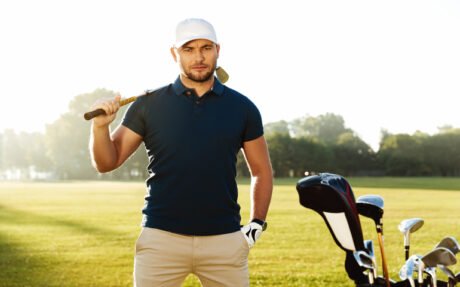The Biomechanical Engineering Level 3 Advanced Diploma offers a thorough exploration of how mechanical principles are applied to human physiology. Covering topics such as biomechanical modeling, analysis techniques, and biomaterials, this course is ideal for those pursuing careers in biomedical engineering, sports science, or rehabilitation. It provides a blend of theoretical knowledge and practical applications, preparing students for the evolving field of biomechanical engineering. No prior experience is required, though a basic understanding of physics or biology is beneficial.
What Will You Learn?
- Fundamental concepts of biomechanical engineering.
- The basics of human anatomy and physiology.
- Application of mechanical principles to human movement.
- Techniques for biomechanical modeling and simulation.
- Analysis methods used in biomechanics.
- The role of biomaterials in biomechanical systems.
- Applications of biomechanics in sports and rehabilitation.
- Emerging trends and innovations in biomechanical engineering.
- Ethical and regulatory standards in the field.
Who Should Take The Course?
This course is ideal for individuals interested in biomedical engineering, sports science, rehabilitation, or anyone seeking to understand the mechanical aspects of human movement and their applications.Requirements
No specific prerequisites are required, though a background in basic physics or biology would be advantageous.Course Curriculum
-
- Historical Development and Milestones 00:10:00
- Importance and Applications in Various Fields 00:10:00
- Overview of Biomechanical Engineering 00:10:00
-
- Introduction to Human Physiology 00:10:00
- Relevance to Biomechanical Engineering 00:10:00
- Understanding Human Anatomy 00:10:00
- Forces and Moments in Biomechanics 00:10:00
- Mechanical Properties of Biological Tissues 00:10:00
- Newtonian Mechanics and its Application 00:10:00
- Data Processing and Interpretation 00:10:00
- Force Measurement 00:10:00
- Motion Analysis 00:10:00
- Biomechanics in Physical Therapy 00:10:00
- Injury Prevention and Rehabilitation 00:10:00
- Sports Biomechanics 00:10:00
- Case Studies and Discussions 00:10:00
- Ethical Issues in Biomechanical Research 00:10:00
- Regulatory Compliance and Standards 00:10:00
- Order Certificate 00:05:00
New Courses
Blogs
Jul'23
ADHD Training for Teachers: Empowering Educators to Support Students with Attention Challenges
Relationships may be severely harmed by narcissistic behaviours, leaving emotional scars and...
Jul'23
Narcissistic Behaviour and Relationships: Understanding the Impact and Finding Healing
Relationships may be severely harmed by narcissistic behaviours, leaving emotional...
Jul'23
Childhood Trauma in Adults
What Is Childhood Trauma? Childhood trauma refers to distressing or...
Jul'23
Creating A Social Media Strategy
Set Clear Objectives:The first step in developing a successful social media...
Jul'23
Neuro-Linguistic Programming Techniques
Neuro-Linguistic Programming (NLP) is a fascinating and widely acclaimed approach...
Jul'23
Acceptance and Commitment Therapy in the UK
What is acceptance and commitment therapy? Acceptance and Commitment Therapy...





